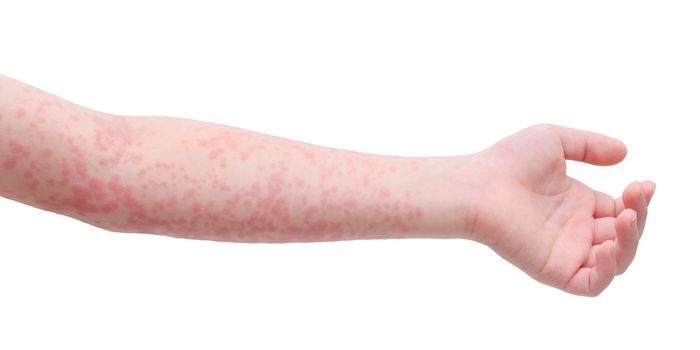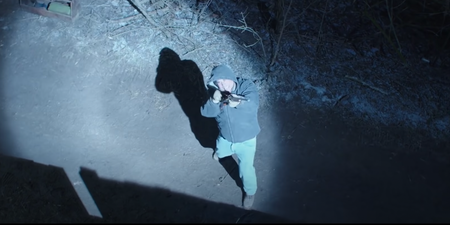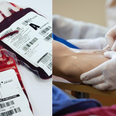The HSE released a statement on Wednesday afternoon.
Cases of measles have been confirmed in County Limerick.
As a precaution, the HSE is currently writing to all patients identified as being at risk of exposure advising them that they might be at risk of infection.
It’s believed that risks of exposure have occurred at the following times and places:
Thursday, 4 January, 20.40 to 23.50 – Shannondoc, Dooradoyle
Sunday, 7 January, 13.30 to 16.00 – Shannondoc, Dooradoyle
Sunday, 7 January, 14.00 to 00.30 – Zone A, ED, UHL
Tuesday, 9 January 11.00 to 13.00 – Zone A, ED, UHL
The HSE has advised the following warning to those at risk:
“Anyone who has been exposed and is not immune to measles (either through natural infection or MMR vaccination) may develop measles up to three weeks following date of exposure.
“Measles is highly contagious and is spread easily. The time between exposure to measles and developing the rash is usually 14 days (range 7-21 days). People are infectious from four days before rash starts until four days after.”
Measles symptoms include, but are not limited to:
- High fever
- Cough
- Runny nose
- Red eyes
- A red rash that starts on head and spread down the body – this normally starts a few days after onset of illness. The rash consists of flat red or brown blotches, which can flow into each other. It lasts about 4-7 days.
- Vomiting, diarrhoea and tummy pain
Anyone who develops measles symptoms should:
- Stay at home from work, school or prior engagements. The disease is highly infectious and should be contained where possible. Children should not attend school or crèche.
- Call the Department of Public Health at (061) 483338 to advise that you think you/your child may have measles.
- Telephone your GP so that they can see you at a time/place when no one else is there (to avoid spreading infection).
- Your GP may organise a test to confirm the diagnosis – this is usually done by using a small swab that takes a sample of the oral fluid from the mouth.
Those infected may take ibuprofen or paracetamol to reduce fever and pain and, if required, a fast-acting medication to dilate the airways for cough.
In developed countries, it is recommended that children be immunised against measles at 12 months of age, generally as part of a three-part MMR vaccine which immunises against measles, mumps, and rubella.
LISTEN: You Must Be Jokin’ with Aideen McQueen – Faith healers, Coolock craic and Gigging as Gaeilge





















































